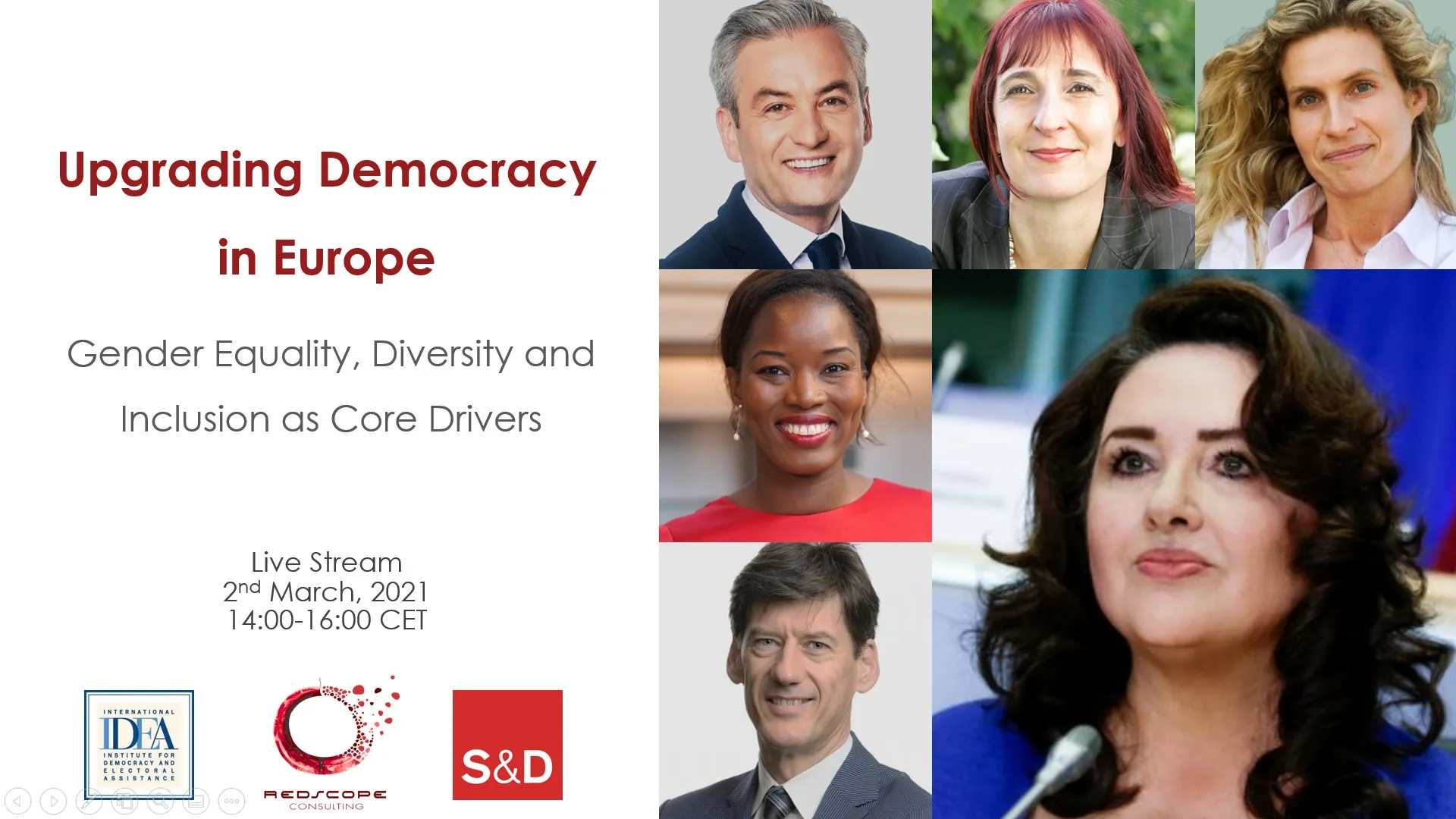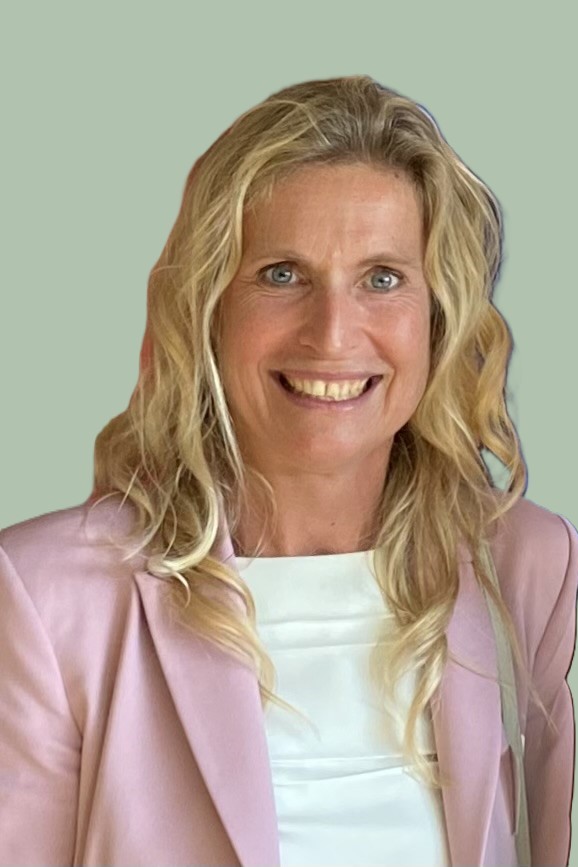European Commissioner for Equality speaks at dialogue roundtable on gender and democracy

Collaborating for women’s empowerment and inclusion: Senior experts and actors of change put heads together in a cross-sectoral dialogue
#SheLeadsEU

EU Commissioner for Equality Helena Dalli: “Our vision is one of a Europe where all women and men, girls and boys in all their diversity can thrive and lead and be free.”
Gender equality and the inclusion of diverse minority groups are more important agenda priorities in Europe than ever before. They represent values at the core of democratic standards in the 21st century and test the capacity of the European Union to live up to its motto: United in Diversity. The pandemic has exacerbated several structural divides, including for women and minority groups. On the occasion of International Women’s Day on 8 March, it is good to remind ourselves that gender equality and diversity need to be supported and defended to build inclusive societies. Bringing together actors who make a difference in various sectors helps to inspire, join forces and foster collaboration in view of achieving equality.
On 2 March 2021, 36 personalities and senior experts on gender equality and inclusion representing EU and international institutions, civil society and business sectors showed their strong commitment to achieve equality and inclusion. In a dialogue co-organised by International IDEA’s Europe Office in collaboration with Robert Biedroń MEP (Vice president of FEMM Committee, European Parliament) and Claudia Claudia de Castro Caldeirinha (Leadership Professor and CEO of REDSCOPE Consulting), they exchanged best practices from Covid-19 times and their views on an inclusive post-pandemic recovery.

Robert Biedroń MEP: “Fostering gender equality, diversity and inclusion are key challenges of the post-pandemic recovery. Together with cross-sectoral experts, we look into the best strategies to move forward this agenda.”
Speakers provided their visions on the urgency of the situation and recommendations to address priorities such as restoring work-life balance and a better division of care work, closing the gender pay gap and establishing good practices on the work floor.
European Commissioner for Equality Helena Dalli advocated for a collective commitment at the EU, the national and local levels to pursue gender equality: “The coronavirus hit us hard, both socially and economically. Nonetheless, we can turn this moment into an opportunity by strengthening our equality and inclusion mechanisms and ensure that our response to the pandemic takes on the opening for change and progress presented to us. We must deliver on our vision of a Europe where all women and men, girls and boys in all their diversity can thrive, lead and be free. The future must be equal”.
Claudia de Castro Caldeirinha as moderator of the discussion inspired hope despite the challenging times. She recalled that exclusion always comes at a high price, as we have repeatedly observed in history and in recent events like at the US Capitol. In times like now, with Covid's global tsunami taking us backwards, the risk is even higher. But crises can also be the source of opportunity: a chance to rebuild better. Time is ripe for gender equality, as illustrated by companies and organisations prioritizing it and seeing clear advantages of a diverse organization.
Managing Partner at NautaDutilh Dirk van Gerven commented on how he introduced gender equal practices into the working environment: “As a leader, you need to be a role model and make your peers and teams understand that it is in their interest to put gender equality and diversity at the center.”
Assita Kanko MEP said that every crisis also comes with opportunities. ”We have to grasp it, and we have to fight for it. There are three clear areas where we need to concentrate our efforts within Europe: Improving the safety of women, strengthening the economic security of women, and ending underlying social bias.”
Marilyn Neven, Programme Manager at International IDEA showed how Covid-19 impacted gender equality in the world and in Europe based on data from International IDEA’s Global Monitor and highlighted some recommendations stemming from research and in-country projects to promote gender equality and political empowerment of women.
During the dialogue, senior experts discussed concrete priorities for action, including:
- Drafting and enforcing internal gender action plans;
- How men can be inspired to become ambassadors;
- Ways to achieve 50% of women of diverse origins in all decision-making bodies and levels for pandemic emergency and recovery;
- Making gender and inclusion impact assessments mandatory for each recovery measure;
- Ensuring reliable and cheaper childcare;
- Investing more in data-collecting and research;
- Ensure access of women and minority groups to political finance;
- Stepping up action to counter gender-based violence;
- Including a gender perspective in all development support; and
- Re-thinking society so as to change traditions, behaviours and practices that are discriminatory or divisive in subtle ways.
The senior experts concluded that major adjustment solutions are needed to stop the current backsliding of rights and opportunities of women and minorities and called upon all sectors to join forces. This network initiative builds on prior events on inclusive leadership and gender equality aiming at cross-sectoral dialogue, exchange of good practices, creation of synergies and mutual inspiration.
More information on the Senior Experts Dialogue can be found via this link: See Agenda
International IDEA would like to thank Robert Biedroń MEP, Claudia Claudia de Castro Caldeirinha and their respective teams for the fruitful collaboration.




